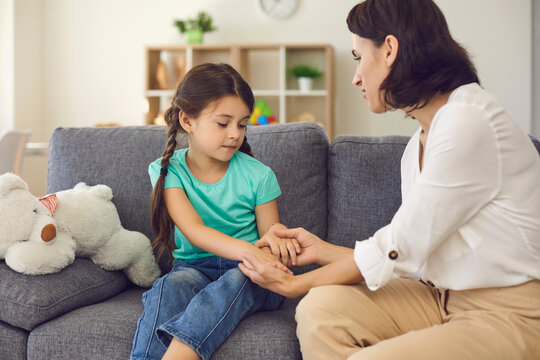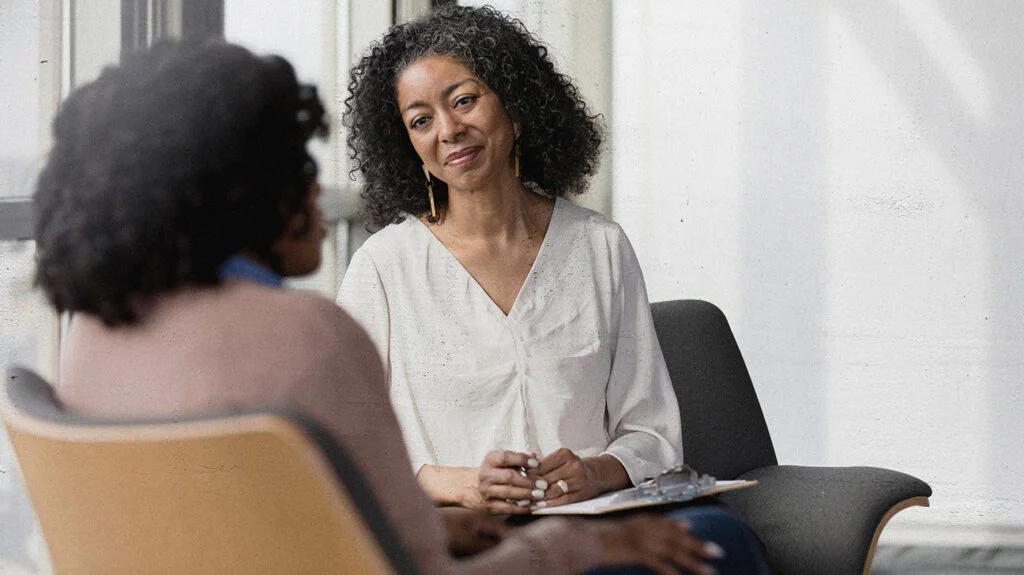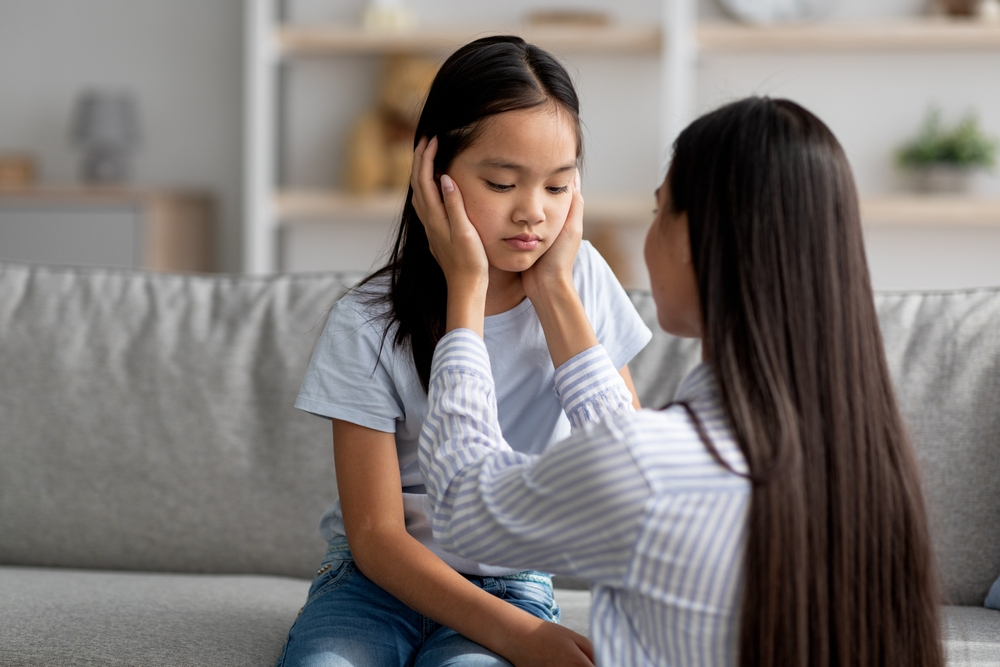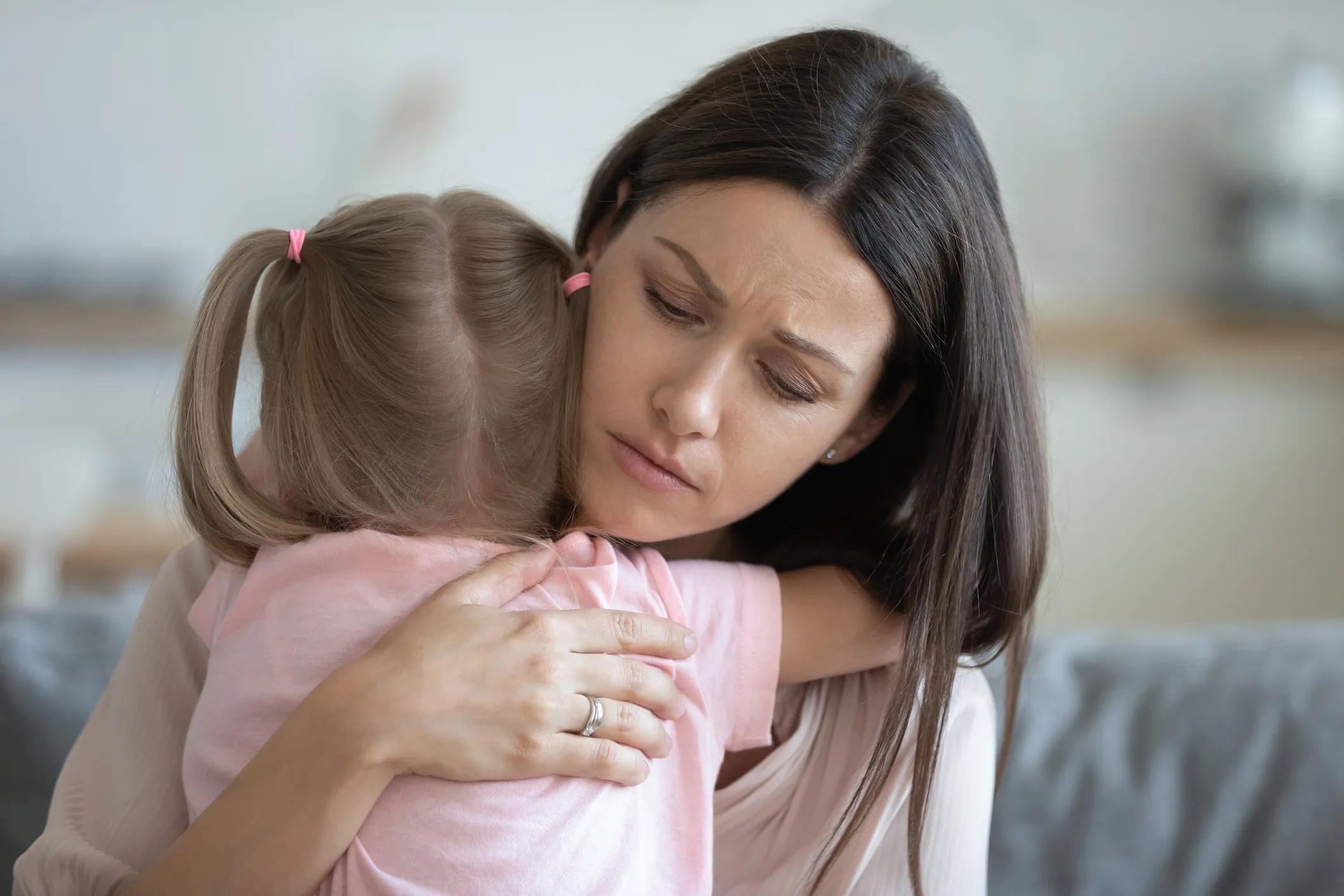How to Navigate Parenting Life After a Baby Loss
Getting through parenting life after a baby loss involves managing a range of emotions such as sadness and anger. Seek support from loved ones or a therapist to process your grief. Creating rituals like lighting candles can honor your baby’s memory. Therapy provides a safe space to express feelings and learn coping mechanisms. Open communication and mutual understanding with your partner are essential. Giving yourself permission to grieve fully is important for healing. Remember, embracing hope and seeking support is a key step towards recovery. More strategies and insights await to guide you through this challenging journey.
Key Takeaways
- Seek professional help for grief support and coping mechanisms.
- Communicate openly with your partner about feelings and fears.
- Honor your baby’s memory through rituals and gestures.
- Engage in self-care practices to navigate the healing process.
- Connect with support groups or online communities for understanding.
Understanding Grief and Loss

Moving through the complex emotions of grief and loss after experiencing the tragedy of a baby loss can be overwhelming yet essential for healing. Coping strategies play a vital role in maneuvering this difficult journey towards emotional healing.
It’s normal to feel a range of emotions such as sadness, anger, guilt, and even numbness. It’s important to give yourself permission to experience these emotions fully without judgment.
One coping strategy that can aid in emotional healing is seeking support from loved ones, friends, or a therapist. Talking about your feelings and sharing your story can help in processing the grief and finding solace.
Additionally, engaging in activities that bring you comfort and peace, such as journaling, creating a memory box, or participating in support groups, can provide a sense of connection and understanding.
Supporting Each Other Through Pain
Supporting one another through the pain of baby loss can provide an essential source of comfort and understanding during this challenging time. The shared pain experienced by both parents can create a bond of mutual understanding that’s vital for getting through the grieving process.
Offering emotional support to your partner and allowing them to support you can be a healing journey that strengthens your relationship in the face of such profound loss.
During this time, it’s important to communicate openly with each other about your feelings and emotions. Be present for your partner, listen without judgment, and validate their grief. Remember that everyone grieves differently, so it’s essential to respect each other’s unique coping mechanisms.
Seeking professional help or joining a support group together can also be beneficial in providing additional tools and resources to get through this difficult time.
Honoring Your Baby’s Memory

Incorporating meaningful rituals and gestures to honor your baby’s memory can provide solace and create a lasting tribute to the impact your little one had on your lives. Creating rituals and engaging in remembrance activities can help keep your baby’s memory alive.
You may consider lighting a candle on special dates, creating a memory box with mementos, or planting a tree in your baby’s honor. These gestures can provide comfort and a sense of connection to your baby.
Memorializing milestones such as birthdays, due dates, or anniversaries can also be a way to honor your baby’s memory. You may choose to celebrate these days in a meaningful manner, perhaps by releasing balloons, writing letters to your baby, or participating in a charity event in their name.
Honoring traditions that hold significance for you and your family can be a comforting way to keep your baby’s memory alive. Whether it’s incorporating your baby’s name into a holiday tradition or creating a special ritual, honoring your baby in this way can provide a sense of connection and comfort as you navigate life after loss.
Seeking Professional Help and Resources
Consider reaching out to mental health professionals and support groups to help you navigate the complexities of grieving and healing after experiencing a baby loss. Therapy options can provide a safe space for you to express your feelings, process your grief, and learn coping mechanisms to navigate this challenging time.
A therapist specializing in grief and loss can offer valuable support tailored to your needs, helping you work through the emotional rollercoaster that often follows such a profound loss.
Additionally, connecting with online communities dedicated to supporting individuals who’ve experienced baby loss can offer a sense of belonging and understanding. These communities provide a platform to share your story, connect with others who’ve gone through similar experiences, and access a wealth of resources and information.
Engaging with these online support networks can help you feel less alone in your journey and provide a source of comfort during moments of difficulty. Remember, seeking help is a sign of strength, and there are resources available to support you through this challenging time.
Reconnecting as Partners
After experiencing the profound loss of a baby, it’s essential to focus on reconnecting as partners.
Communication becomes a lifeline during this time, allowing you both to express your grief, fears, and hopes.

Communication After Loss
Rebuilding your connection with your partner after experiencing the loss of a baby can be a challenging but essential step towards healing together. Open dialogue and healthy communication are key elements in maneuvering this difficult journey. It’s important to create a safe space where both of you feel comfortable expressing your emotions, fears, and hopes.
Start by actively listening to each other without judgment. Share your feelings openly and encourage your partner to do the same. Acknowledge that you may grieve differently and that it’s okay to have conflicting emotions. Communicate your needs and be receptive to your partner’s needs as well.
Setting aside dedicated time for meaningful conversations can help you reconnect on a deeper level. Consider seeking the support of a counselor or therapist to facilitate these discussions if needed.
Supporting Each Other
To support each other and reconnect as partners after experiencing the loss of a baby, focus on fostering empathy and understanding in your relationship. Sharing feelings openly and honestly can help both partners navigate the complex emotions that come with such a profound loss. It’s vital to create a safe space where both of you feel comfortable expressing your grief, fears, and hopes for the future.
By actively listening and offering comfort to one another, you can strengthen your bond and provide much-needed support during this difficult time. Providing reassurance is also important in rebuilding your connection. Remember to remind each other of your love and commitment, especially when grief may be overwhelming. Seeking solace in each other’s presence can bring a sense of comfort and stability amidst the pain.
Building Emotional Intimacy
Establishing emotional intimacy is an important aspect of reconnecting as partners after experiencing the loss of a baby. Healing together is a process that requires nurturing your emotional connection.
It’s important to create a safe space where both partners feel comfortable expressing their feelings, fears, and hopes. Communication plays a significant role in building emotional intimacy. Take the time to listen actively to one another, validate each other’s emotions, and offer support without judgment.
Sharing your grief and finding ways to comfort each other can strengthen your bond. Consider attending counseling sessions together to navigate this challenging journey. Remember, healing isn’t a linear process, and it’s okay to have ups and downs. Be patient and kind to yourselves as you work towards rebuilding your emotional connection.
Engaging in activities that you both enjoy can also help foster emotional intimacy. Whether it’s going for walks, cooking together, or simply spending quality time talking, finding joy in each other’s company is a powerful way to reconnect.
Embracing Hope and Healing
As you navigate the road of healing after the loss of your baby, it’s important to give yourself permission to grieve and process your emotions fully.
Seeking out support from loved ones, support groups, or a therapist can provide a safe space for you to express your feelings and find comfort in shared experiences.

Grieving and Processing Emotions
Starting the journey of grieving and processing emotions after experiencing a baby loss can be a complex and deeply personal process that requires patience, self-compassion, and a willingness to embrace hope and healing. Coping strategies play a significant role in this healing process.
It’s important to allow yourself to feel a range of emotions, from sadness to anger, as this is a natural part of the grieving process. Engaging in activities that bring you comfort, such as journaling, mindfulness, or creative expression, can help you navigate these difficult emotions.
Emotional support and self-care practices are also crucial during this time. Seeking support from understanding friends, family, or a therapist can provide a safe space for you to express your feelings. Taking care of yourself physically by getting enough rest, eating well, and engaging in gentle exercise can support your emotional well-being.
Finding Support and Community
Starting the journey of healing and finding hope after a baby loss often involves seeking out support and connecting with a community that understands and empathizes with your experience. During this challenging time, it’s essential to remember that you aren’t alone.
Engaging with online forums dedicated to baby loss or joining local support groups can provide a sense of belonging and comfort. These platforms offer a safe space to share your feelings, gain insights from others who’ve walked a similar path, and receive encouragement when needed.
Additionally, seeking professional help through counseling or therapy can be immensely beneficial in processing your emotions and understanding the complexities of grief. A trained therapist can provide you with coping strategies, tools to manage overwhelming feelings, and a supportive environment to express your thoughts openly.
Frequently Asked Questions
How Can We Include Our Baby in Family Traditions Without Feeling Overwhelmed?
You can include your baby in family traditions by creating memorial keepsakes like ornaments or planting a tree. During family celebrations, light a candle in remembrance or incorporate a special ritual to honor your baby’s memory.
Is It Normal to Have Conflicting Emotions About Trying for Another Baby?
It’s absolutely normal to have conflicting emotions about trying for another baby after a loss. Emotional healing takes time, and it’s common to feel fear and hope simultaneously. Be patient with yourself as you navigate this journey.
What Are Some Ways to Cope With Triggers and Reminders in Daily Life?
To cope with triggers and reminders in daily life, it’s essential to prioritize self-care strategies. Seeking therapy can provide valuable support. Create boundaries around what you expose yourself to. These coping mechanisms can help navigate difficult emotions.
How Can We Navigate Awkward Conversations or Insensitive Comments From Others?
When dealing with awkward conversations or insensitive comments from others, it’s vital to prioritize self-care. Setting boundaries is pivotal in these situations. Educate others on how to communicate sensitively. Handling triggers with grace is key.
Are There Support Groups Specifically for Couples Who Have Experienced Baby Loss?
Yes, there are support groups dedicated to couples who have experienced baby loss. These groups provide a safe space for grieving together and healing apart, offering solace and hope as you navigate this difficult journey.
Conclusion
Remember, maneuvering parenting life after a baby loss is a journey filled with ups and downs. It’s important to lean on each other for support, honor your baby’s memory, seek professional help when needed, and focus on rebuilding your relationship as partners.
Embrace hope and healing as you move forward together, knowing that you aren’t alone in your grief. Take each day one step at a time, and remember to be gentle with yourselves.

Hey there! 👋 I’m a proud mom and passionate writer, sharing my parenting journey. 📝 Join me as I navigate the ups and downs of motherhood, offering tips, advice, and a sprinkle of humor along the way. 🌟







